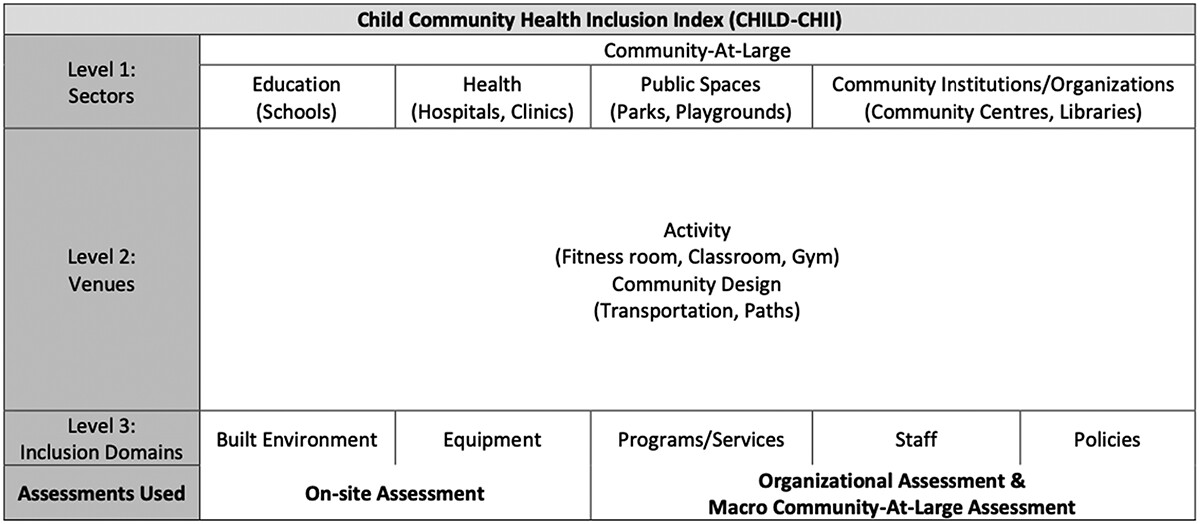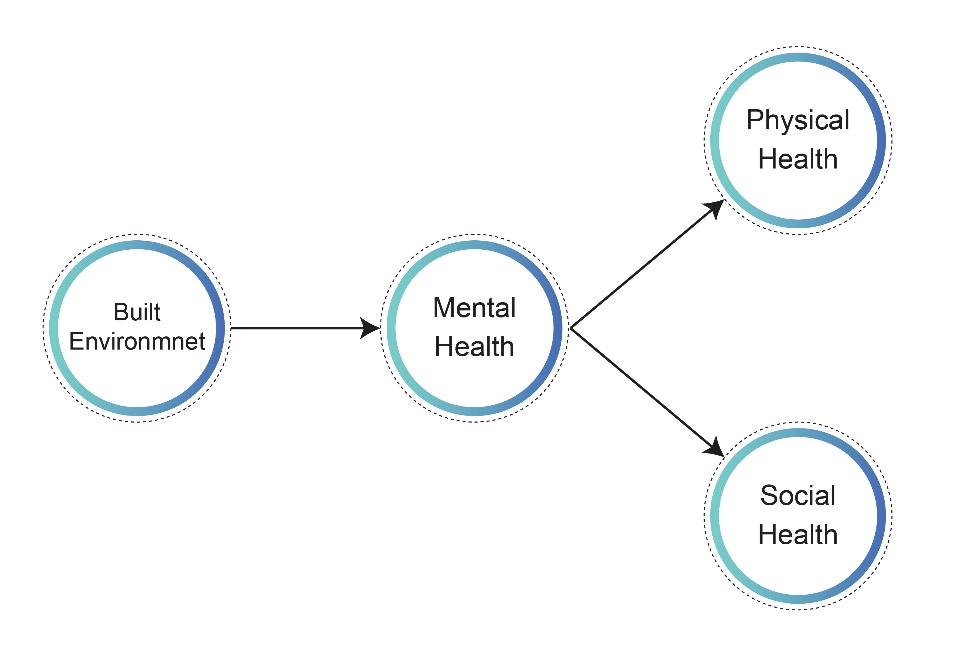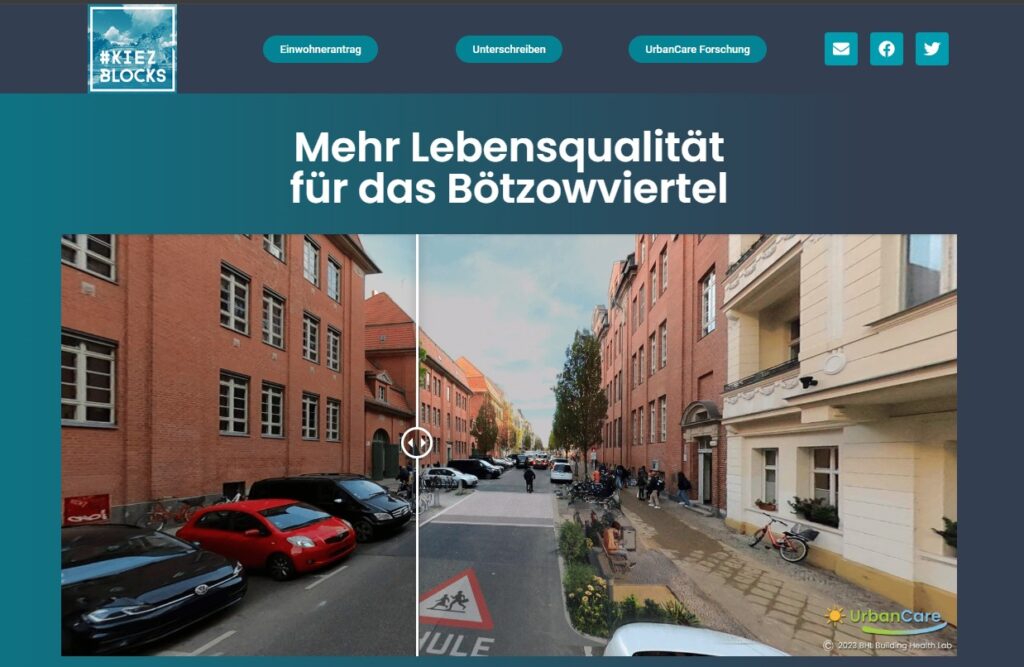City Know-hows

Target audience
Policymakers, municipal program managers, public health practitioners, community organizations, and disability advocacy organizations.
The problem
Children with disabilities are often marginalized when they face restrictions in engaging in community life, placing them at risk for unfavourable outcomes in relation to their health and wellbeing. Public health initiatives and public health and social policy must address the needs of this populatio
What we did and why
We did a comprehensive review of existing measures and tools that assess the inclusion of children in the community. We obtained expert input to develop the content of the Child Community Health Inclusion Index (CHILD-CHII). The tool addresses the diverse needs of children with various dis- abilities with a generalizable, universal design approach for community inclusion. The content was then validated through a consensus process with experts, and the items of the tool were further clarified in this study.
Our study’s contribution
This tool evaluates how facilities, public spaces, and municipal policies address the inclusion of children with disabilities in the Canadian context. The validated content highlights the importance of such tool to identify barriers to inclusion, and to inform the development of interventions and initiatives to address these barriers.
Impacts for city policy and practice
The Child Community Health Inclusion Index can contribute to cities to assess all health, community, leisure, and educational facilities and programs, and address improvements necessary to align with higher level frameworks such as the UN sustainable development goals and the Convention on the Rights of Children and on the Rights of Persons with Disabilities. The use of this tool can support the development of inclusion strategies that can contribute to child and disability -friendly cities.
Further information
Childhood Disability Link: Linking Information and New Knowledge on childhood disability to service providers and families.
Jooay: Jooay is a free app that helps children with disabilities and their families to locate leisure opportunities
Full research article:
Content validation of the child community health inclusion index: a modified e-Delphi study by Paul Yejong Yoo, Annette Majnemer, Robert Wilton, Sara Ahmed & Keiko Shikako.
Related posts

This comparative study of 10 cities across the globe aims to understand the major factors that drive the sprawl conditions and their impact on the outer edges of the cities. Land is a very potential natural resource that has been exploited over the past few decades. Migration of people in search of better living conditions has led to the formation of cities, which are deemed to provide better quality of life. However, the rate of influx has become very high, leading to saturation in cities and forcing people to move towards the outskirts.

The expected rise of working from home after the COVID-19 pandemic necessitates a deeper understanding of the cause and effect of home environment on physical, mental, and social health. Existing research primarily focuses on physical and psychological health, with less attention given to social health. Incorporating social health is emphasized by various researchers during the pandemic. Moreover, the interconnected nature of health components suggests the possibility of mediation, requiring a model selection to represent the working from home situation.

This thermal study is part of an urban ecosystem evaluation to inform a pedestrian plan in Berlin. Germany.